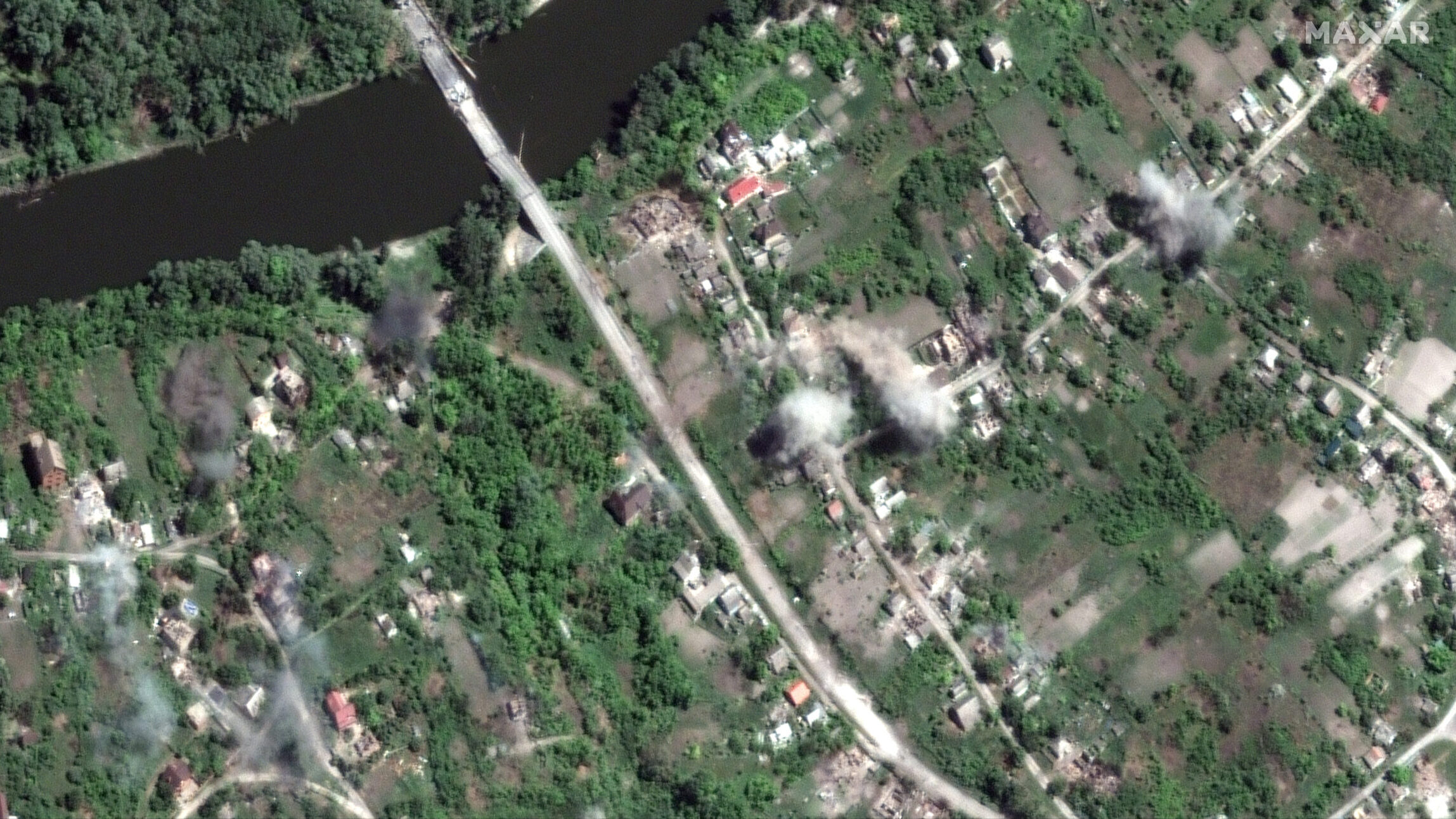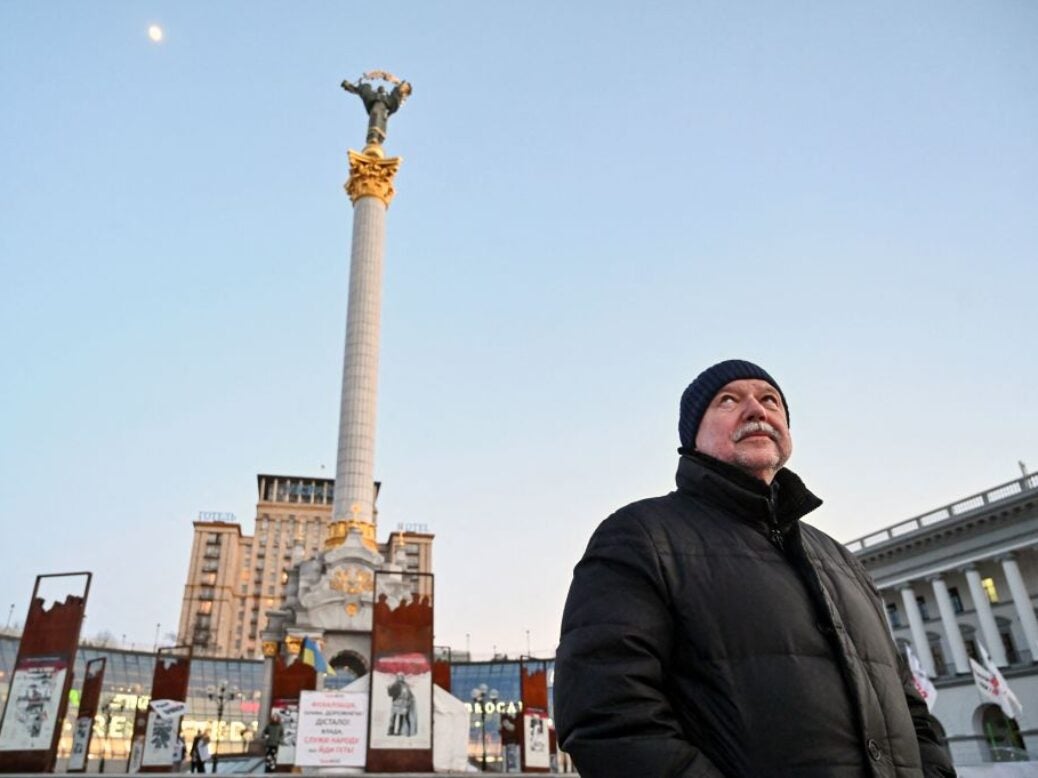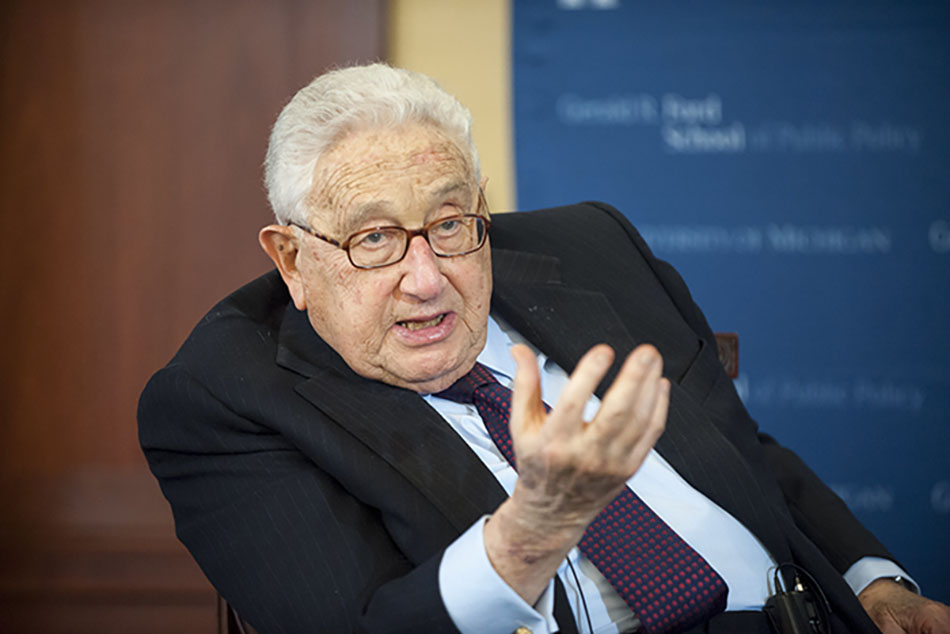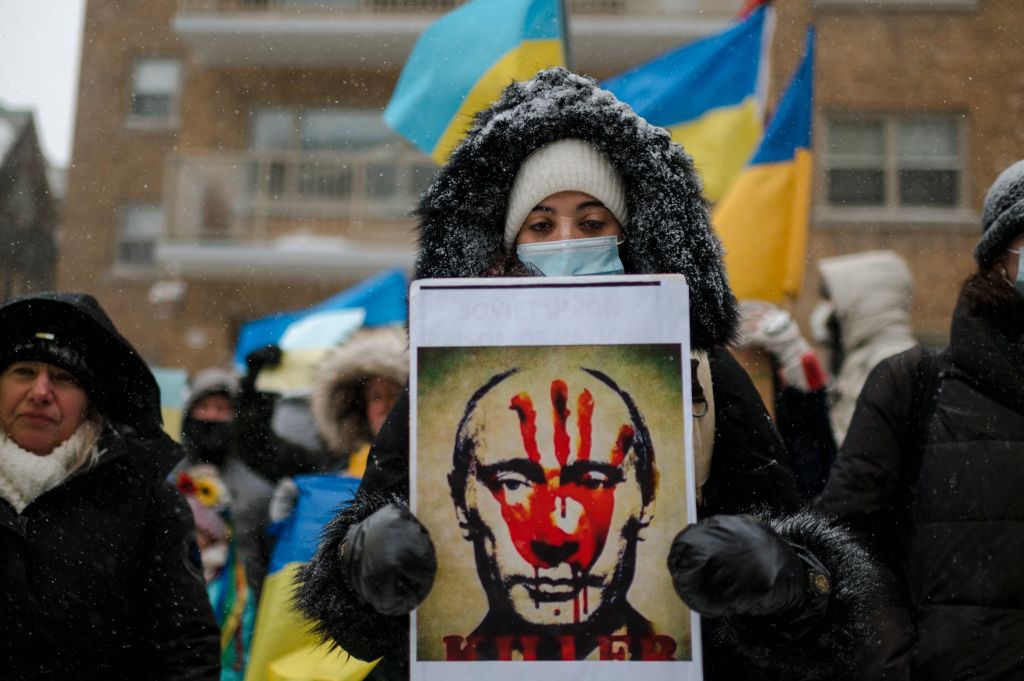Ian Johnson

In April and May, as Russia’s war in Ukraine entered its third month, China sent a special envoy to meet with officials in eight central and eastern European countries. The timing was not coincidental: in the two months since Russia had launched its invasion, China’s standing in Europe had sunk to new lows. European governments were dismayed by Beijing’s strengthened ties to Moscow and its tacit support for Russia’s aggression, and the Chinese leadership hoped to do damage control in a part of the continent where it believed it had special sway.
For a decade now, China has made the countries of central and eastern Europe one of its diplomatic focal points. Offering top-level access in Beijing and dangling huge trade opportunities, Chinese officials believed they could use this belt of smaller, post-communist governments as a counterweight to critical voices in the European Union and U.S. influence on the European continent. And with the war in Ukraine bringing a chill over China’s European relations, Beijing assumed that a series of brisk meetings in the region—including in Budapest, Prague, Riga, and Warsaw—would help turn the tables it its favor. But these efforts went nowhere. Instead, the Chinese ambassador and the rest of her delegation were rebuffed, with the Czech foreign ministry, for example, saying it used the meeting to express “reservations to current Chinese cooperation with Russia.”












:quality(100)/cloudfront-us-east-1.images.arcpublishing.com/thesummit/SFEZLDZOCBCSJEWRFLFTIXTIUE.jpg)








 C
C